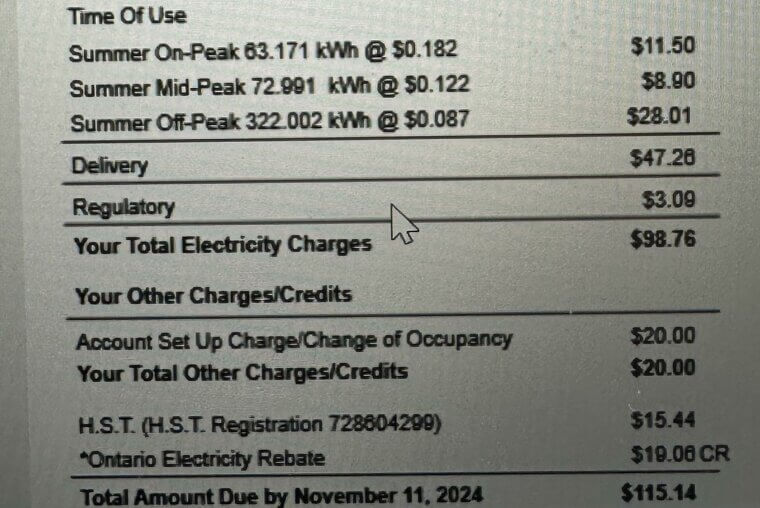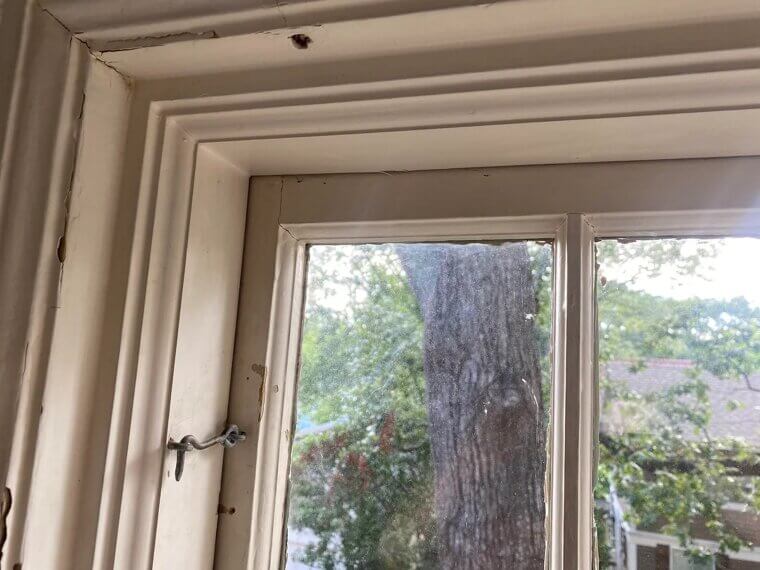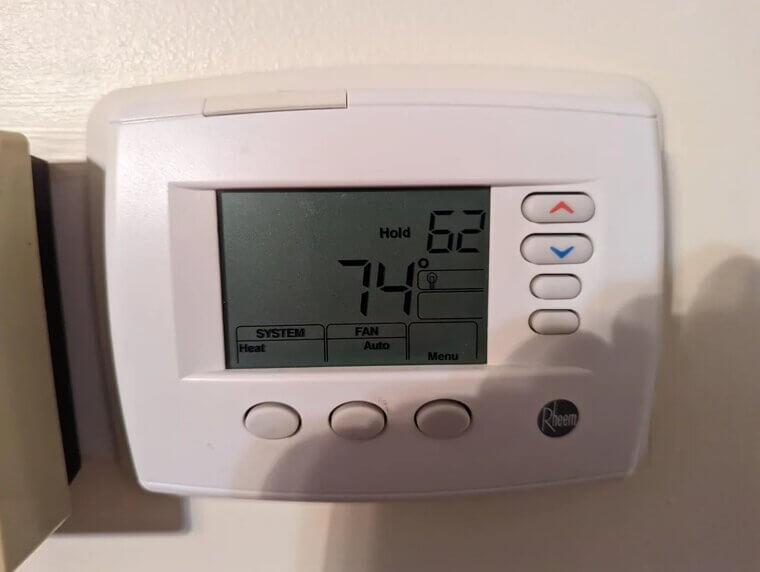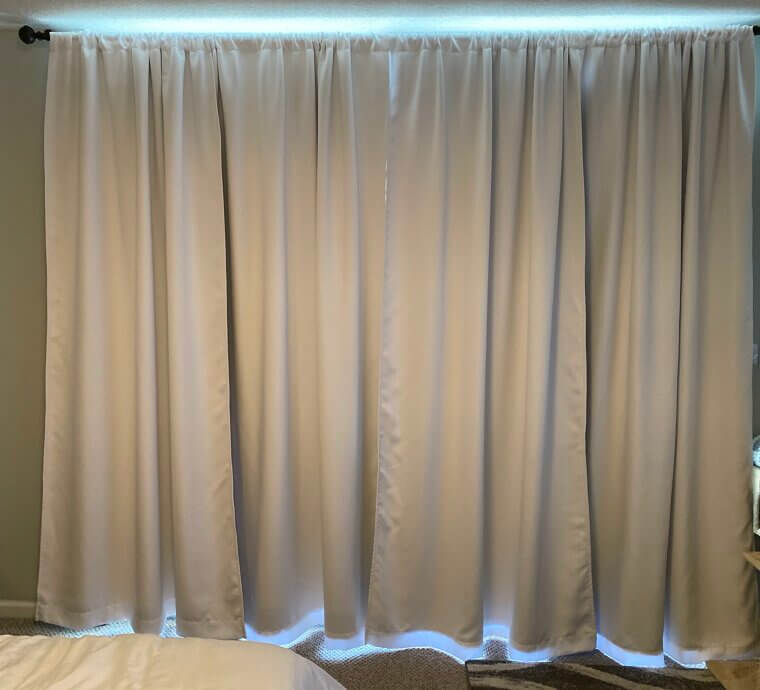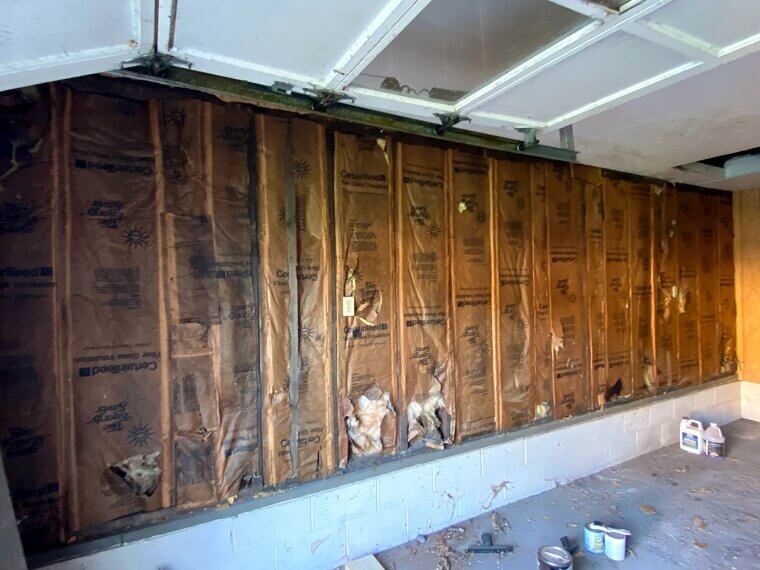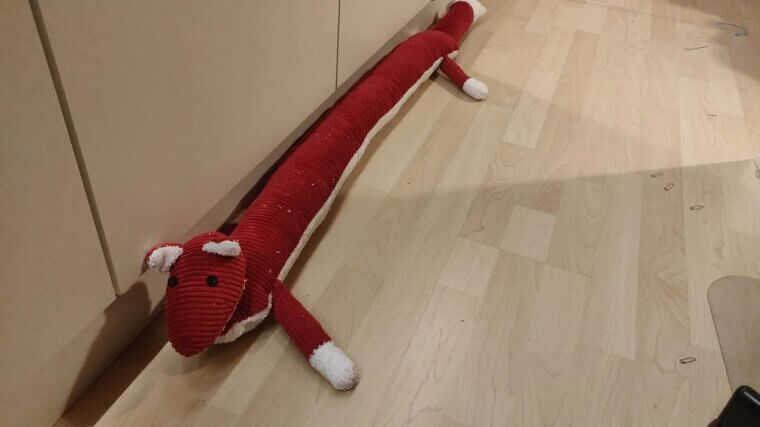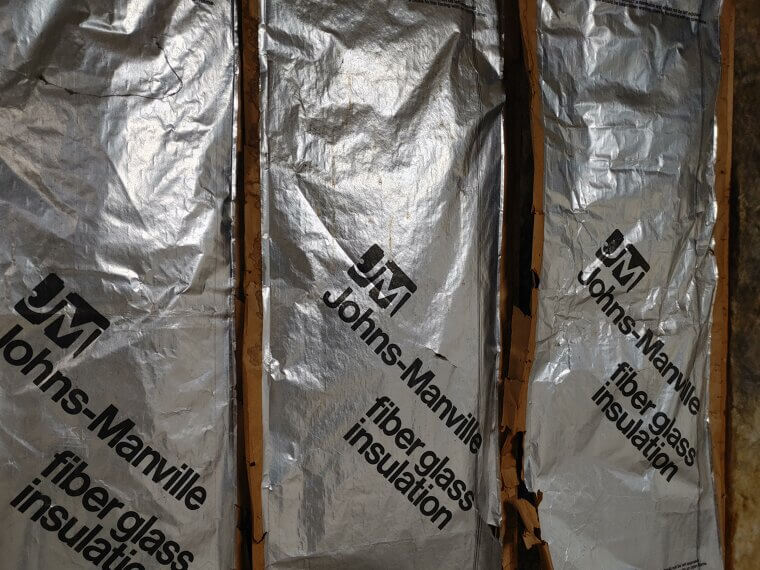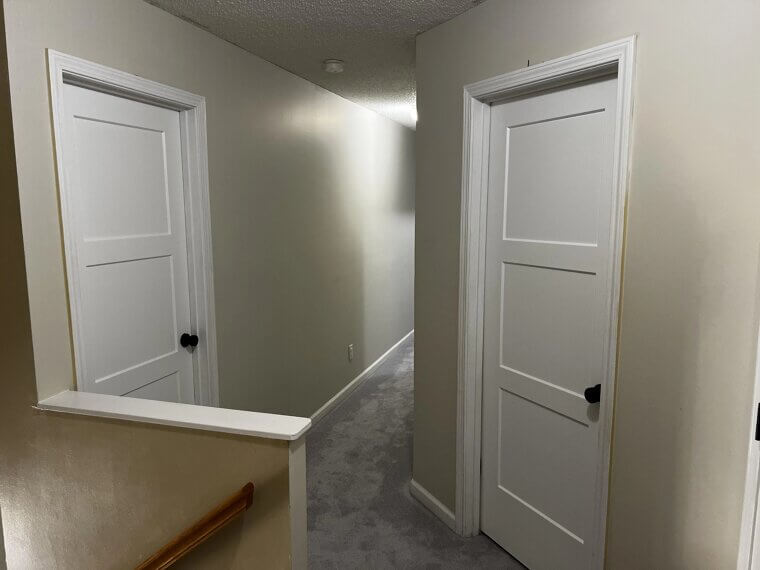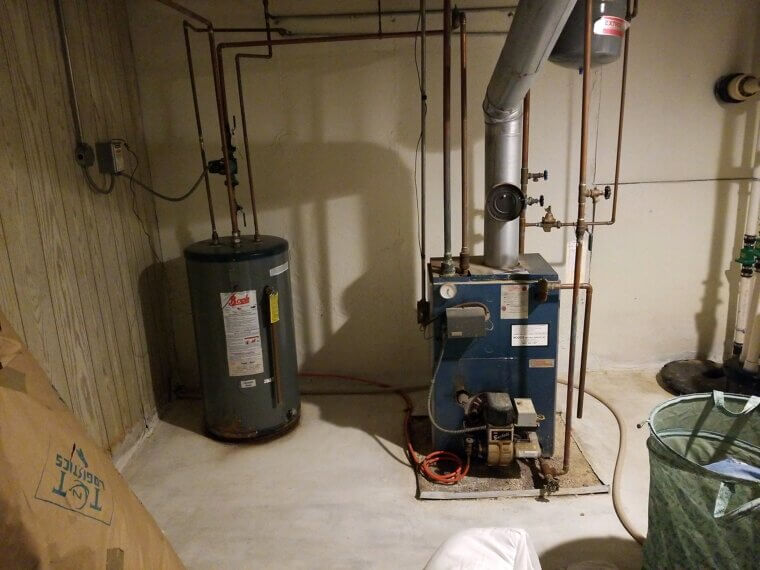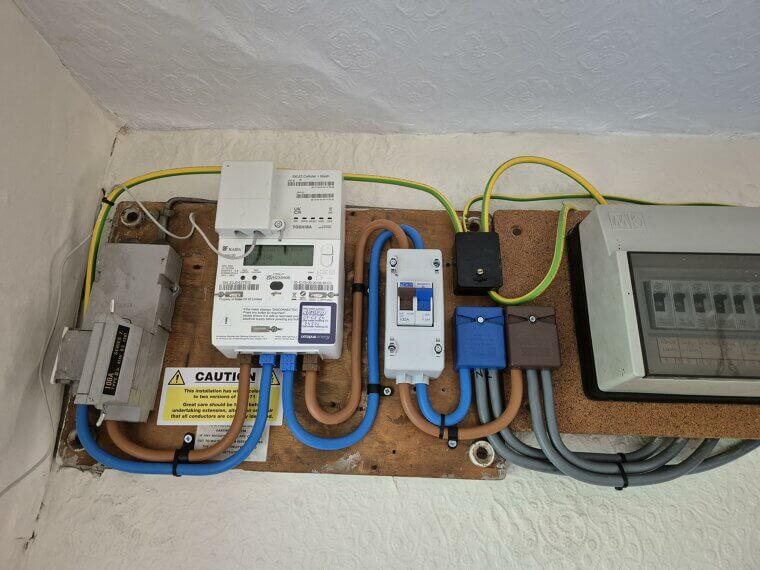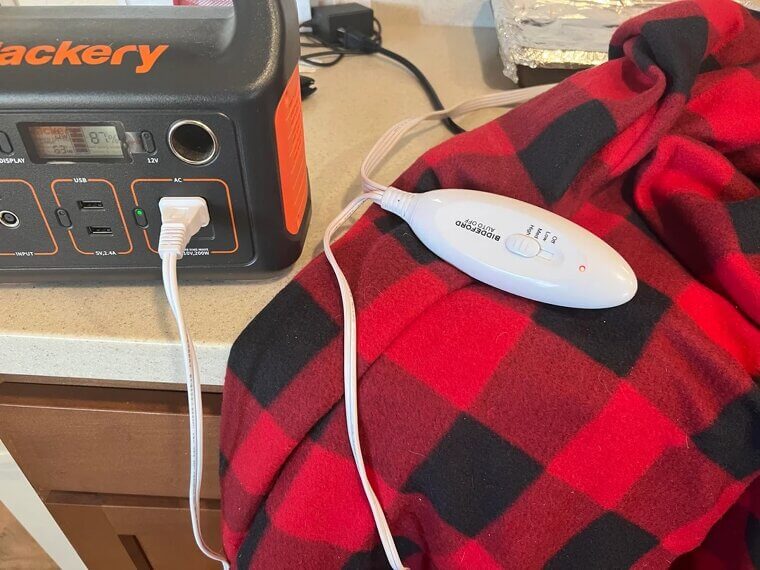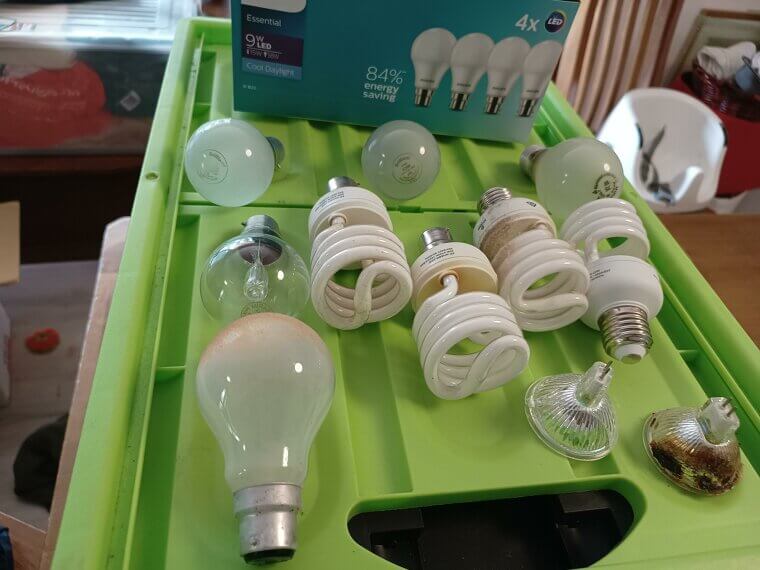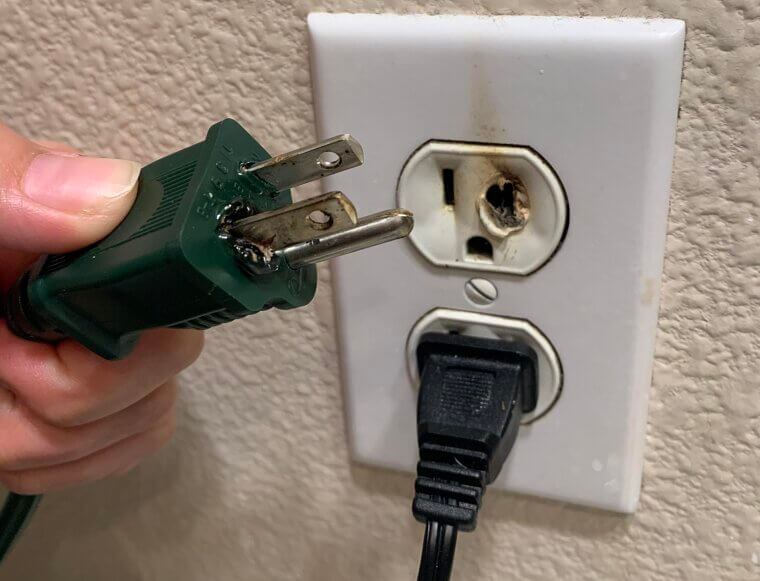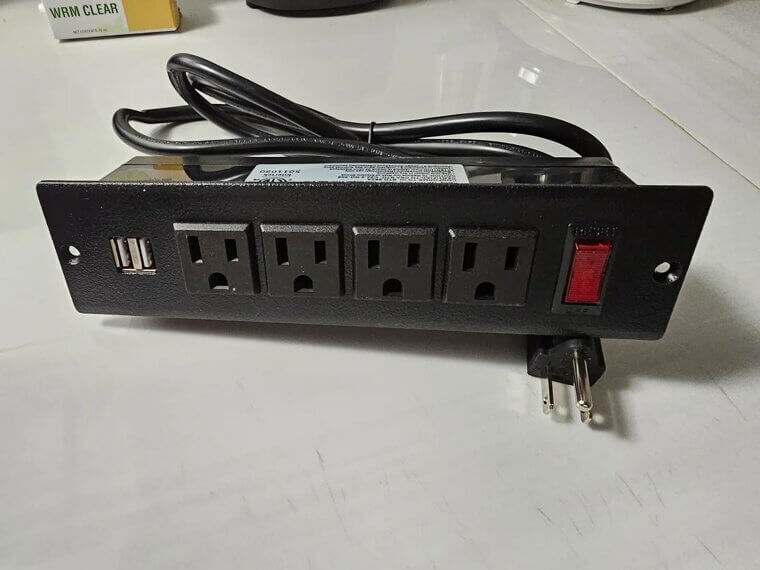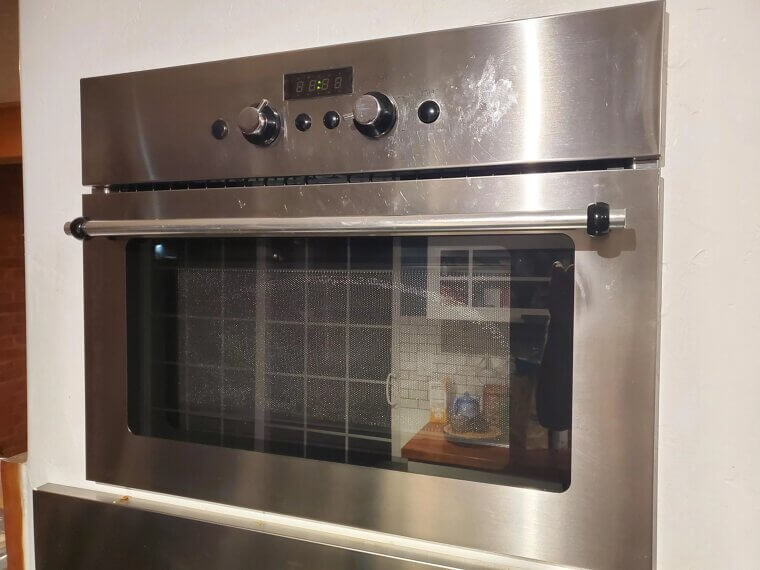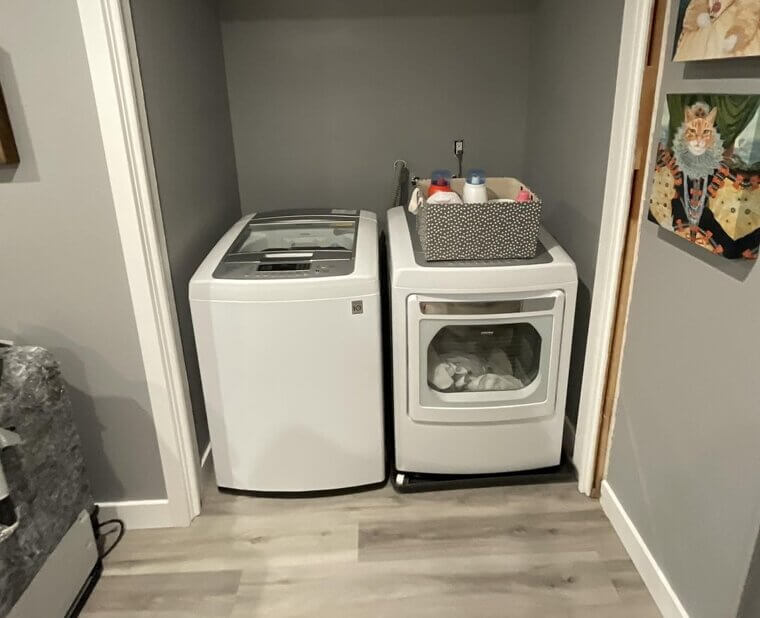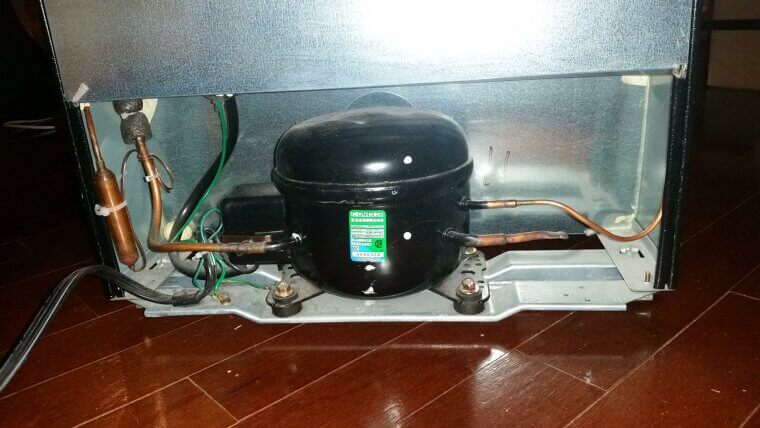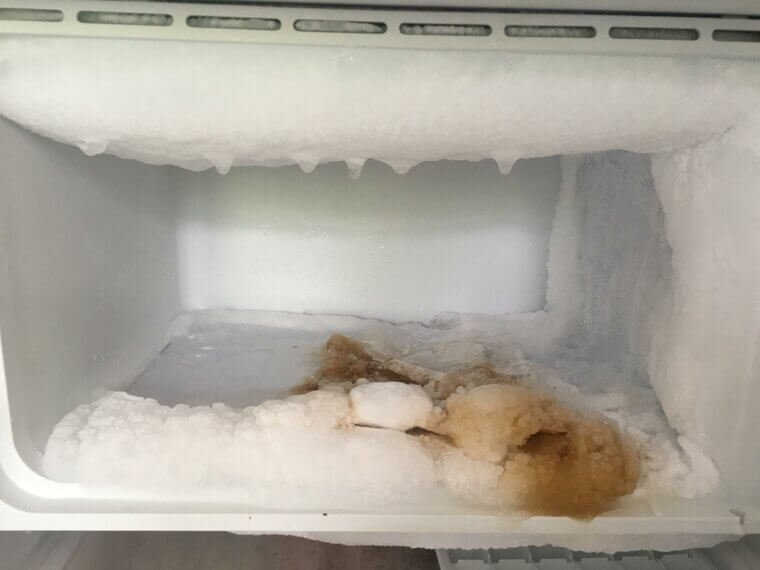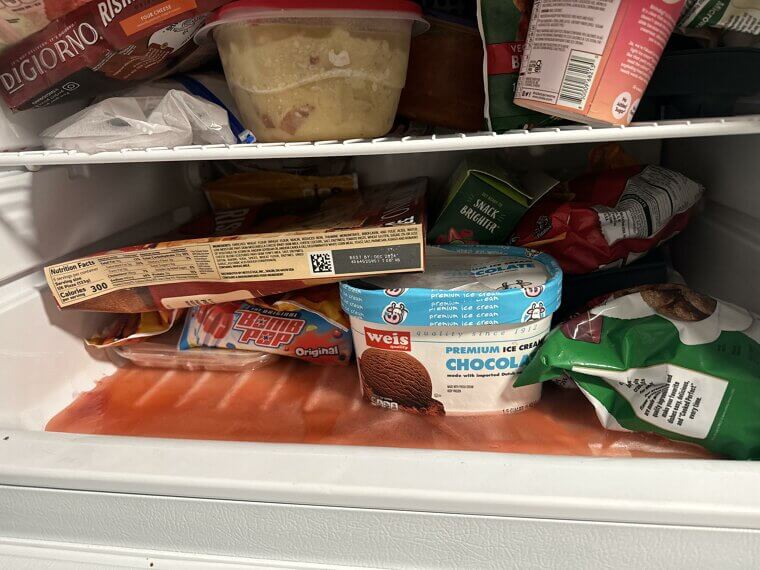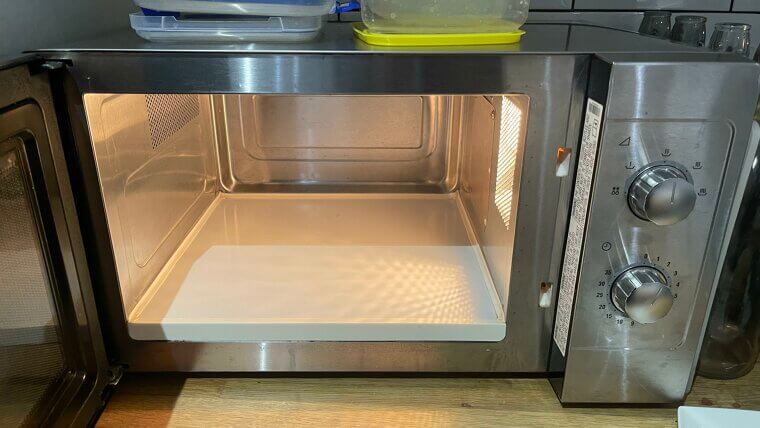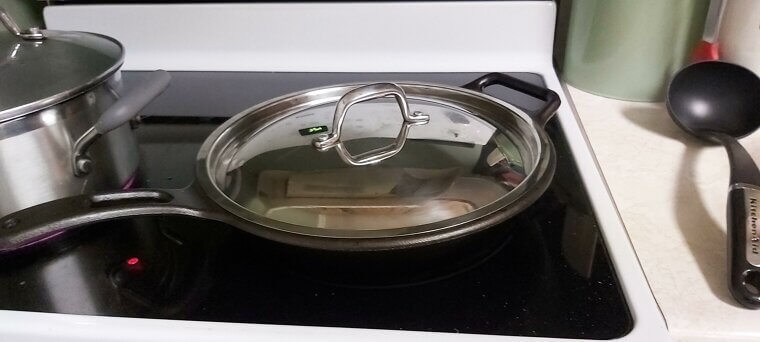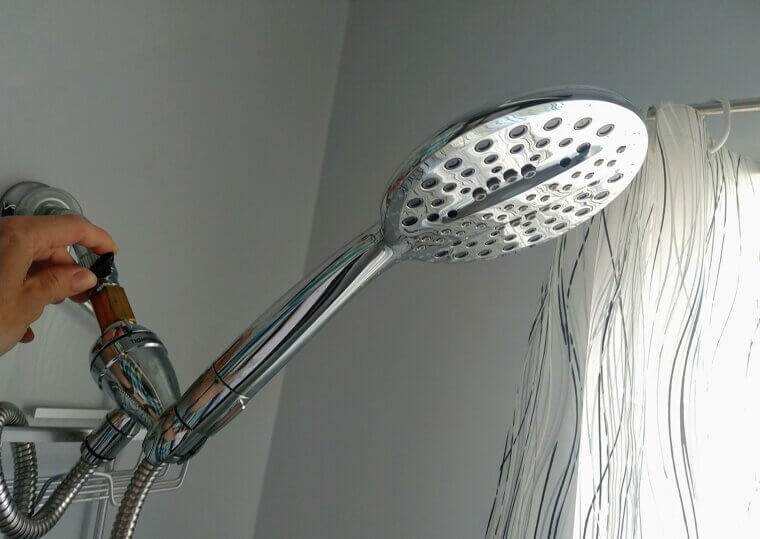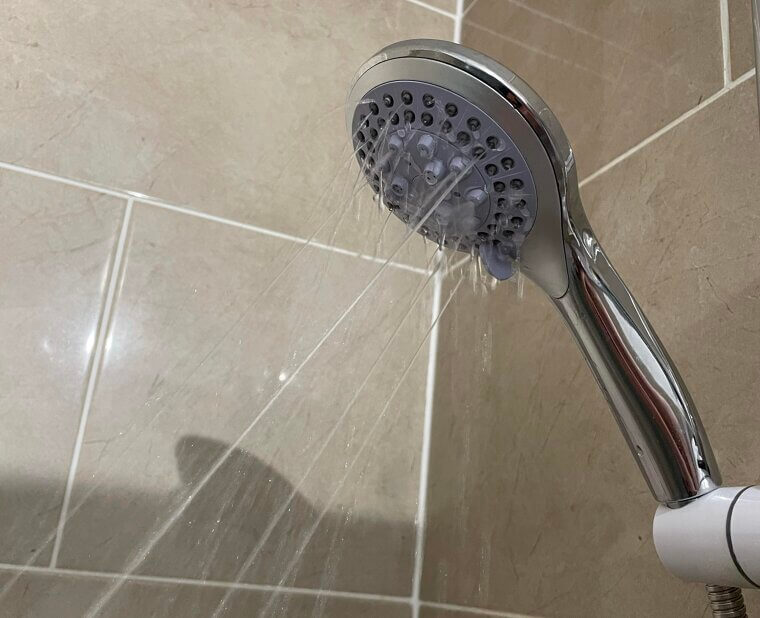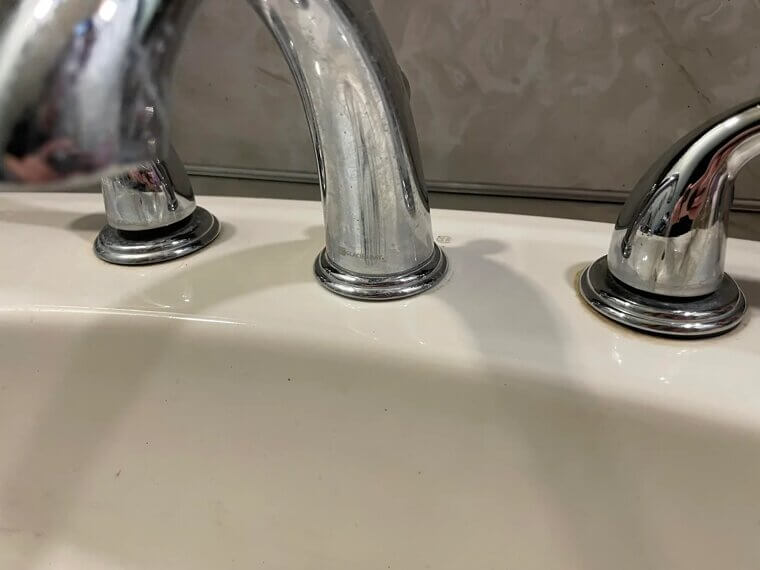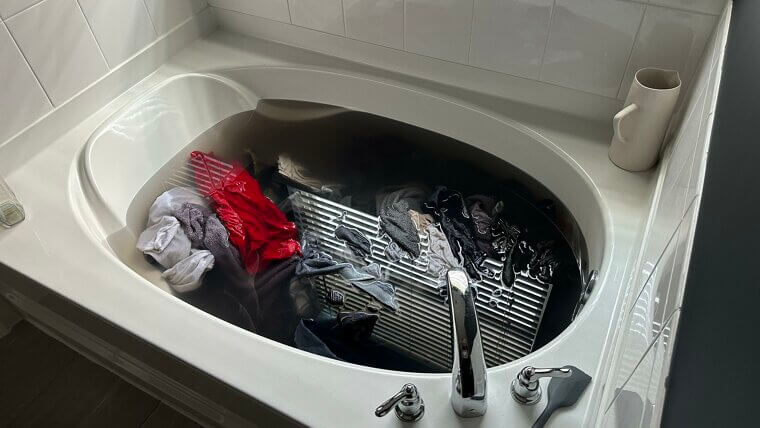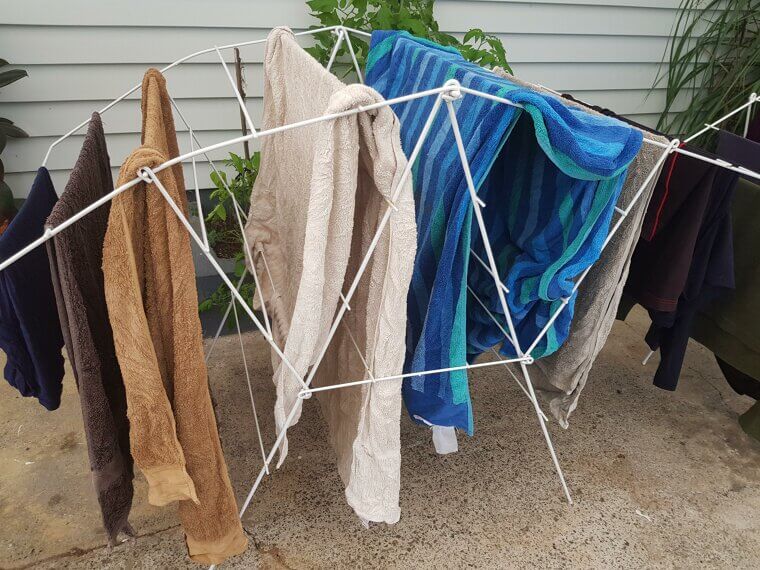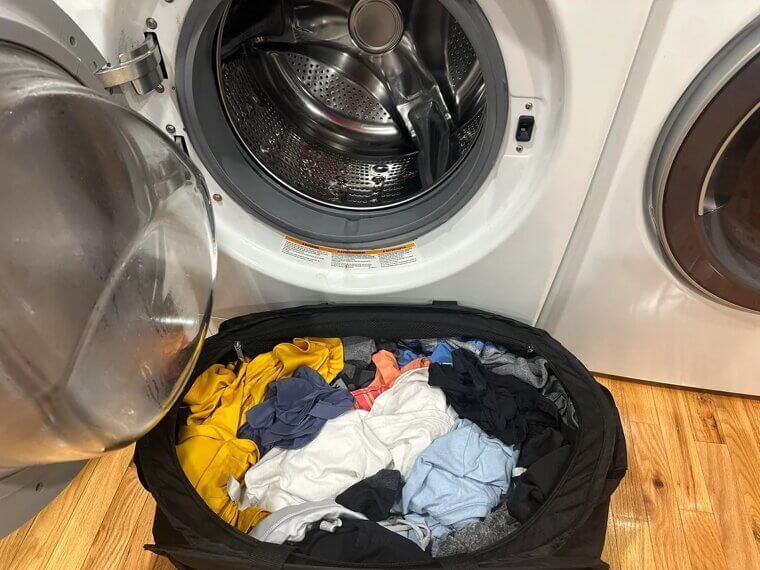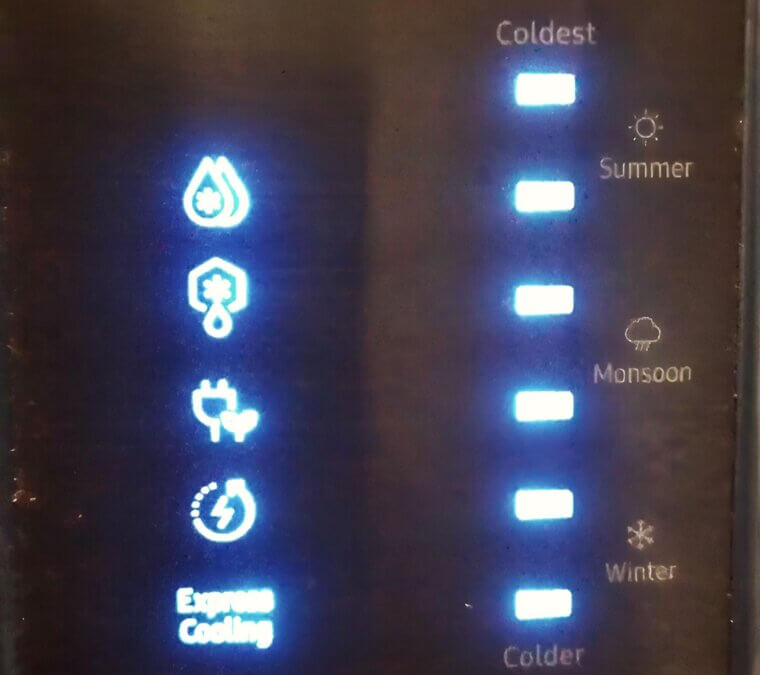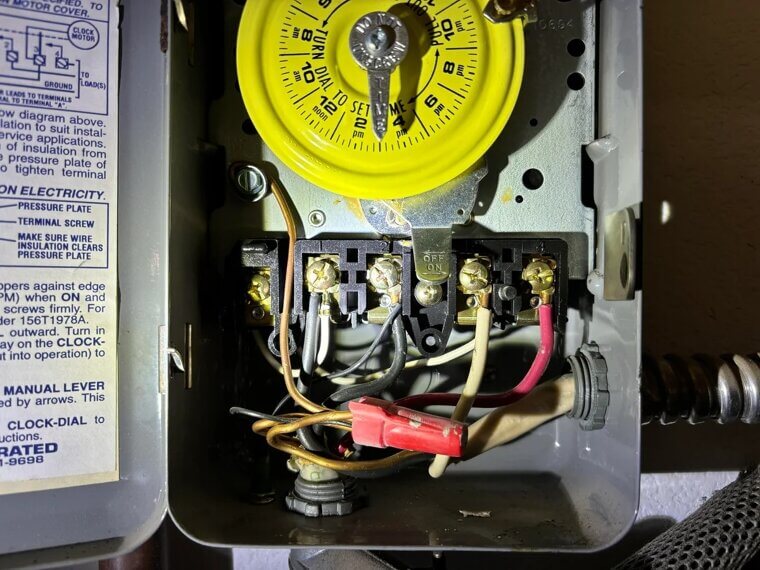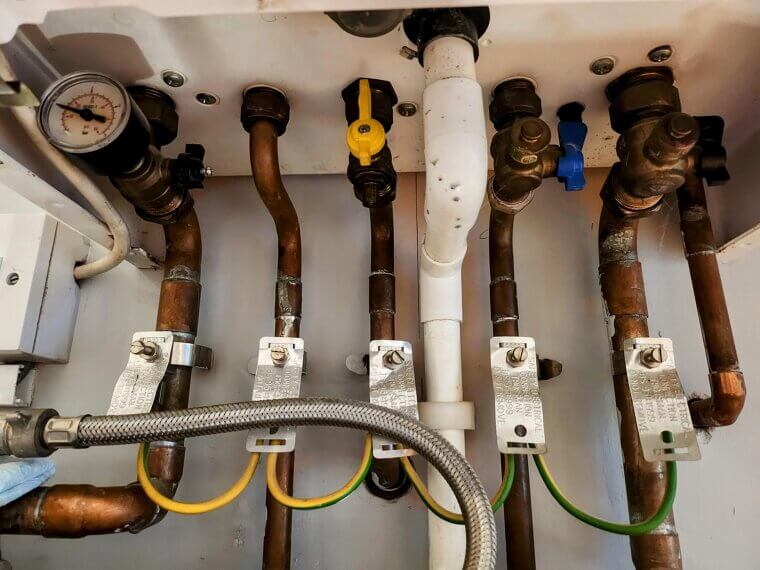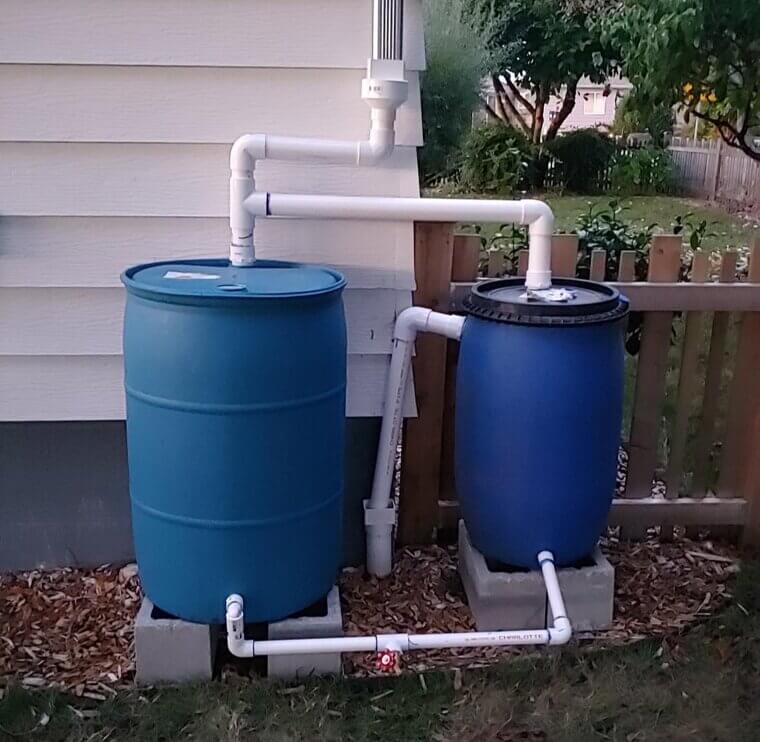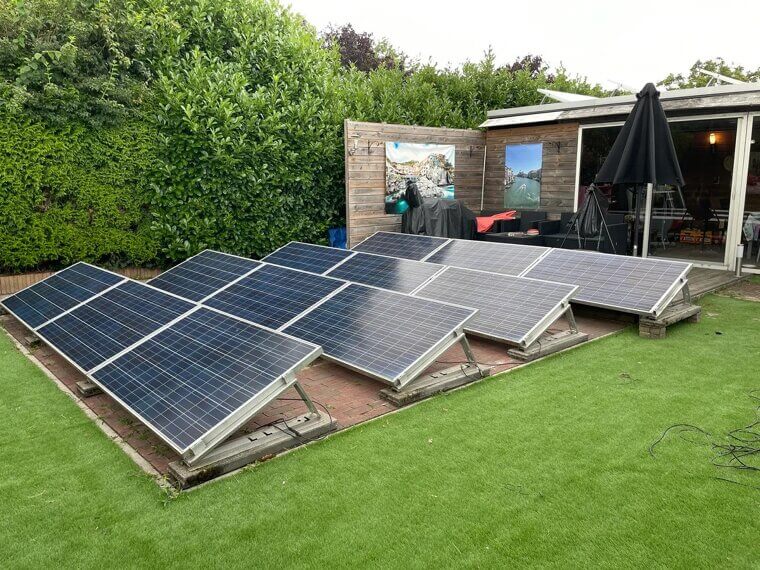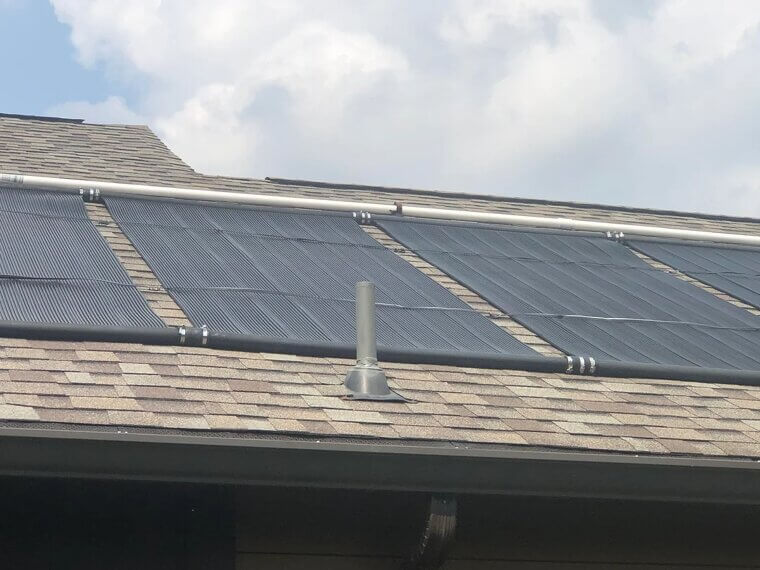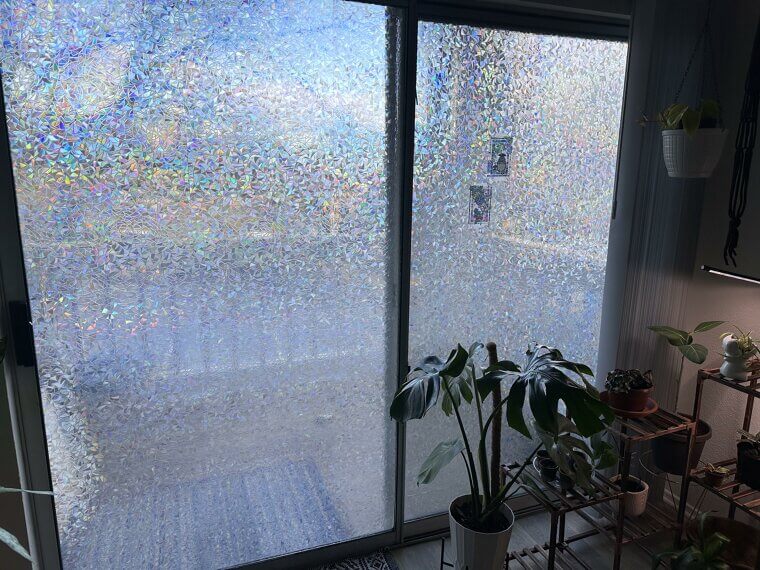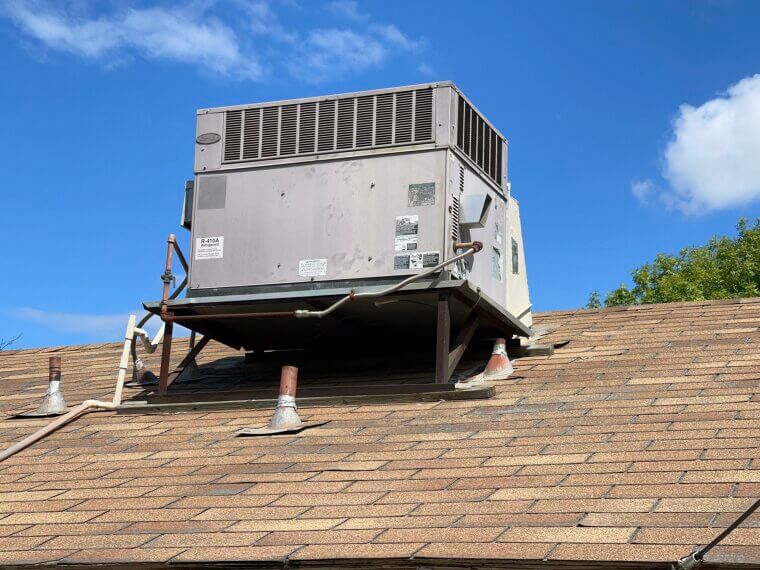Nobody Likes High Utility Bills
Utility bills are the bane of many homeowners. They’re like cash mosquitoes or leeches - they won’t suck you dry of all your money by themselves, but they’re annoying, bothersome, and keep you up at night. That said, there are some things you can do to lower your monthly utility bills.
Seal Drafts With Weatherstripping
One of the simplest things you can do to save on your utility bills is to use weatherstripping on your doors and windows. This essentially seals them from the waters above while keeping out some of that nasty weather as well - and thus saving you from having to switch the heater on every time it gets a little chilly.
Install a Programmable Thermostat
Thermostats are heavenly little devices that adjust the temperature of your home. It may seem counterintuitive at first, since they also require power to operate, which is why you’ll want to get your hands on a programmable model that you can fine-tune to your liking, potentially saving on general heating and cooling costs across the board.
Hang Some Thermal Curtains
Thermal curtains are designed to help you keep the warmth inside your house during the winter and outside during the winter. However, many thermal curtain brands are nothing more than cheap marketing tricks - you can get the same effect by simply using thick or heavy curtains instead.
Add Some Insulation
Ideally, your home is already insulated, but if you tend to really feel the weather seep in, it may be time to take a look at your walls and see if they require any further insulation. Proper insulation could potentially save you around 16% on your electricity bills since you’ll be making less use of your heater.
Install Draft Excluders
They may have a fancy name, but draft excluders are really nothing more than long tubes of sand (or, in some cases, rice). You place them at the bottom of your door to prevent drafts from coming in, and despite their glorious simplicity, they’re pretty effective.
Reflective Foil
Foil is great for wrapping sandwiches in, preventing extraterrestrials from zapping you with their psychic beams, and reflecting heat back into your house. It works particularly well when placed behind a radiator.
Close the Door
If you live in an open-plan space, this probably won’t apply to you. Otherwise, it’s a good idea to get into the habit of closing doors to rooms that aren’t currently in use. This allows the air conditioning to be concentrated in the areas that need it most, i.e,. the ones you’re currently in.
Maintain the Boiler
Your boiler is a pretty vital machine to the proper running of your household, but despite its typically immense size, it can be easy to overlook. Get into the habit of regularly checking it for any potential issues; a healthy boiler will reduce your overall energy consumption, thus saving you on some hefty electrical bills.
Install a Smart Meter
Not every home is quite ready to be transformed into a smart home of the future, and that’s okay. However, if you’re feeling particularly industrious, you can install a smart meter that will enable you to monitor your energy usage and consumption in real-time, and by yourself, without the need for any inspections.
Use Heated Blankets
Heated blankets may seem gimmicky, but getting your hands on one of these can save you on your utility costs. Simply put, the blanket will allow you to stay warm without the need to heat your entire room.
Use LEDs
Do you still use incandescent or fluorescent bulbs like someone living in the Dark Ages? It’s time for a change. Not only do LEDs typically provide more light, they’re also much more energy efficient, using 80% less energy than those other bulbs.
Unplug Your Devices
A phantom load is all the energy reserved or passively used by your electronics when they’re not in use. They add about 10% to your electricity bill, so it’s a good idea to get into the habit of unplugging your devices when they’re not in use (yes, that includes your Xbox, TV, and desktop computer).
Use Power Strips
Power strips (or power bars) essentially give you more use out of your standard electrical wall outlet. While that won’t save you on electricity on its own, they also allow you to unplug multiple devices at once, making them a convenient energy-saving method (though you’ll want to avoid overloading them in the first place).
Opt for Energy-Efficient Appliances
Maybe you’re still using the same microwave you got when you first bought your house, but while it may seem more expensive to upgrade, in many cases, you can find more energy-efficient appliances than the ones you’re currently using. It’s obviously not feasible to replace everything all at once, but it’s something you can keep an eye out for.
Run Appliances During Off-Peak Hours
Off-peak hours are those times when the electrical grid isn’t in high demand, normally in the middle of the day or later on at night. Try to use your more demanding appliances (like your dishwasher or washing machine) during these times to save a little on your electricity bills.
Clean Refrigerator Coils
You’ll find your refrigerator’s coils at the back or underneath; they’re essential for maintaining the desired temperature inside the refrigerator itself. Naturally, they don’t work as well as they should if they’re too dirty or corroded, so be sure to check in with them every once in a while and clean them as necessary.
Defrost Your Freezer
You’d think that an excessive build-up of frost and ice inside your freezer is a good sign that it’s working as intended. In fact, too much frost actually makes the freezer work harder to maintain itself - thus jacking up your utility bills fast. Be sure to defrost it regularly.
Fill Empty Spaces in the Freezer
While we’re on the topic of freezers, it’s also a good idea to fill up any empty gaps you may have. It’s not feasible to expect your freezer to be fully stocked with goods at all times, but you can easily fill it up with some water bottles to prevent it from working harder than it should and thus use more energy as a result.
Use Your Microwave
There’s nothing better than a home-cooked meal, but while cooking up some delicious eats in the oven is great, there’s no shame in using your microwave or toaster oven for smaller meals, especially since they use less energy overall.
Use Lids on Pots
Almost every pot that you buy will come with a matching lid, but you’ll be surprised by how few people actually use them. That’s a shame, really, since the lids allow you to retain heat inside the pot for much longer, thus saving you on the energy required to keep your stove running longer.
Low-Flow Shower Heads
We get it - there’s nothing better than a depression shower with the heat on high and the water pressure at its max. However, low-pressure (or low-flow) shower heads use 40% less water on average - which is great news if you’re trying to cut down your water bill.
Take Short Showers
While we’re on the topic of showers, it’s also a good idea to limit the amount of time you actually spend in the shower. You could save yourself plenty of money if you just have a quick wash instead of stewing every time you get in the shower.
Fix Leaky Faucets
What’s more agonizing than a faucet that goes: drip… drip… and then… drip. Not only are they annoying, but leaky faucets also inflate your water bills, so it’s best to deal with them sooner rather than later. Most of the time, it’s a fix you can do yourself with a little elbow grease and know-how.
Wash Clothes in Cold Water
Most of the time, there’s no need to soak your clothes in hot water when you wash them - so don’t. Using cold water for your laundry can save you on electricity since the water won’t have to be heated first.
Air Dry Clothes
Speaking of clothes, while your tumble dryer may come in clutch if you really need your clothes to dry quickly, most of the time, you can get away with air-drying them instead, which will save you on electricity.
Use Full Loads
You’ll also want to make sure that you’re washing a full load of laundry whenever you use your washing machine. This ensures that it’s being used as efficiently as possible, eliminating the need to have it running constantly.
Use Eco-Settings
Although you may not believe it, most manufacturers include eco-friendly options for their appliances. These help you conserve energy, ultimately resulting in lower electricity bills overall.
Install a Timer on the Water Heater
Your water heater (or geyser, if you’re feeling fancy) may be running throughout the day when there’s really no need to. Installing a timer allows you to control when it starts running, ultimately saving you on energy costs.
Insulate Hot Water Pipes
Any guesses as to what hot water pipes do? Indeed, they’re used to transport all the hot water in your house to where it needs to go, and they can be made even more efficient with some simple insulation.
Collect Rainwater
If you have a garden, you’ll know how important it is to water your plants regularly, but there’s no need to draw your water straight from the tap. Indeed, you can collect rainwater for outdoor use instead - the plants aren’t exactly picky, after all.
Install Solar Panels
Solar energy solutions have been around for a while now, and more and more people are coming around to them. That said, installing solar panels is definitely a costly measure upfront, but it could save you tons of money in the long run, ultimately making it a worthwhile investment.
Use Solar Heaters
If you’re not quite ready to make the full jump to solar panels, you could make use of solar heaters for all your hot water needs, which will still save you tons of money in the future.
Plant Some Trees
Trees are great because they allow us to breathe - and provide us with shade. It may seem like quite an endeavor, but planting some shade trees near your windows will reduce the need for energy-intensive cooling solutions.
Install Reflective Window Films
Window films are thin sheets that pretty much alter the temperature in your house single-handedly by reducing the heat you gain in the summer and reducing the heat you lose in the winter.
Maintain HVAC Systems
Your ultimate goal - ideally - should be to eliminate the need for HVAC systems as much as possible. That said, it’s likely that you’ll still need to use it every now and then, so the best you can do is to ensure that it’s clean and operating properly to prevent excessive energy consumption.

